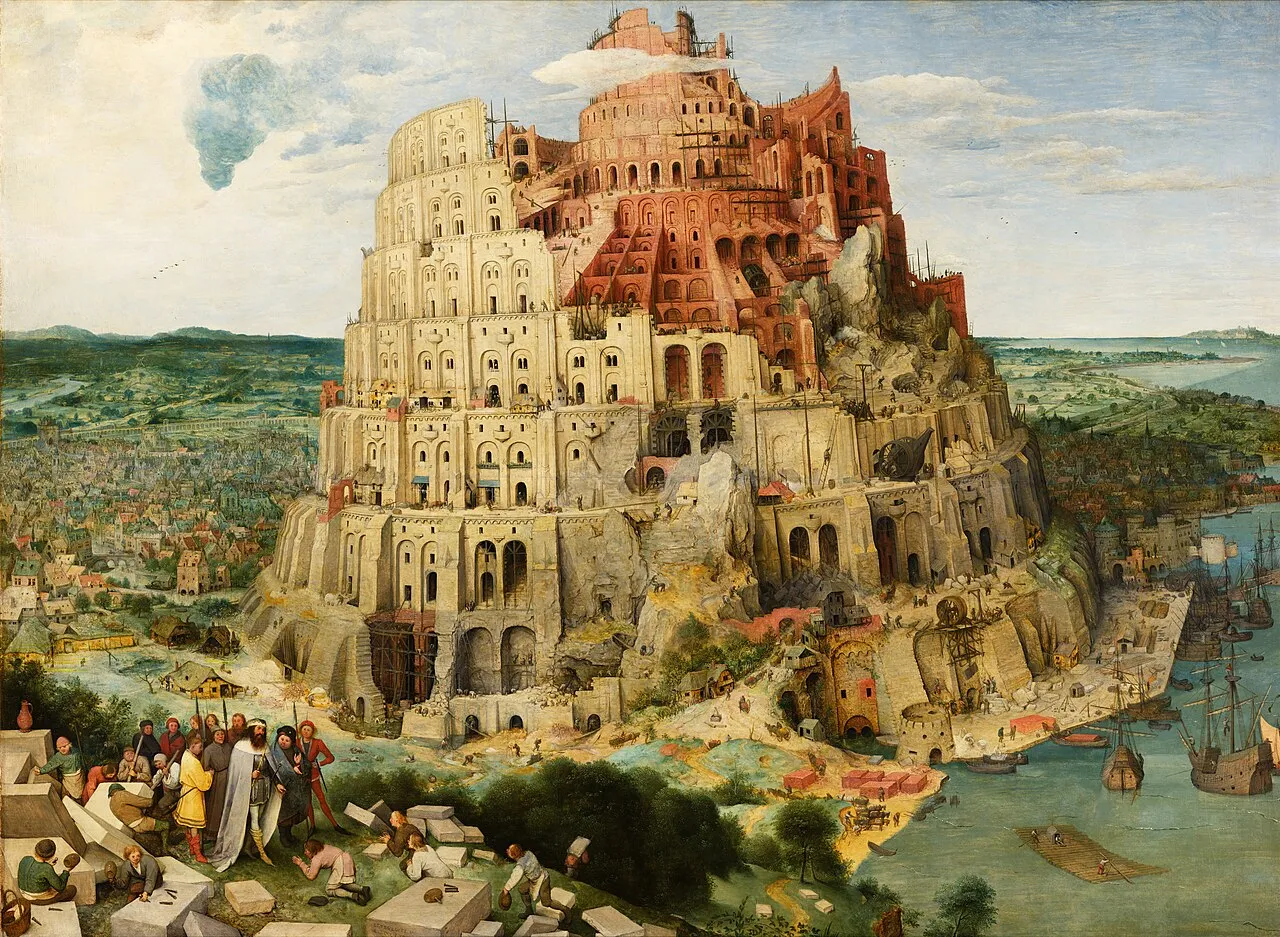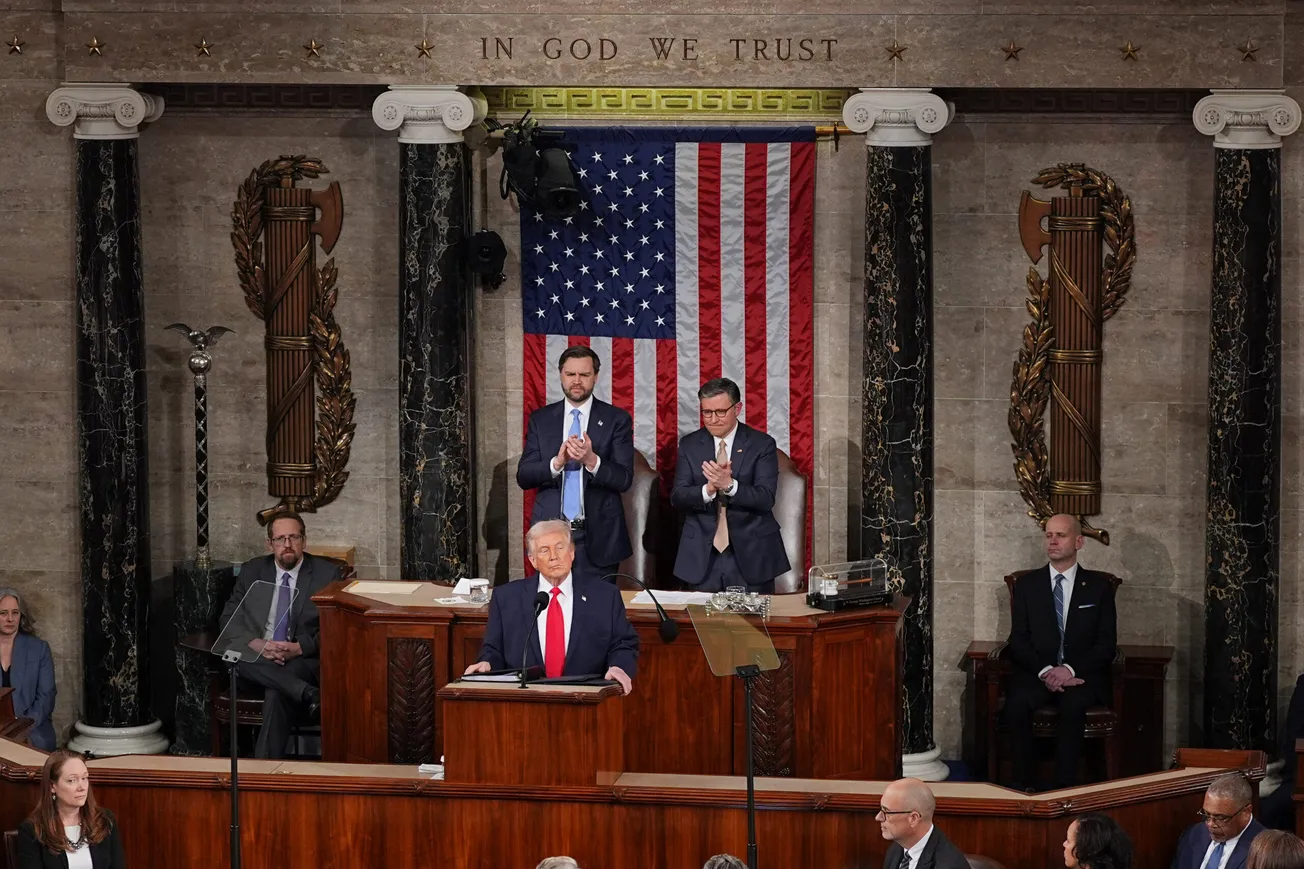Table of Contents
Similarly, Professor Paul Lake of Arkansas Tech has just release a book called Cry Wolf, a political fable about American democracy, using animals to tell its story. Ultimately, it is a brilliant piece of literature. Fifty years from now, I would not be surprised to see this book studied alongside Animal Farm in classrooms.
The story is about animals that inherit a farm after their human master dies. The animals start out with a constitution, a judge, free elections, and good laws. The most sacred of the laws reads “No Trespassing.”
One day, a wounded doe enters the farm. Overcome with compassion, the farm animals decide to ignore their “No Trespassing” law and vote to allow her to stay temporarily. A little while later, a wild raccoon enters the farm illegally. The animals are initially reluctant to let the raccoon stay, but eventually relent when it becomes apparent that the raccoon might be good at milking cows. Their only condition is that the raccoon take some “citizenship classes” to adapt to the farm’s culture and laws.
As time passes, more wild animals are allowed to migrate to the farm. The first migrants—possums, for instance–are relatively small and harmless. But the new animals have their own habits, many of which contradict the farm’s laws and constitution. Under pressure from wild animals, the citizenship classes are abolished. Moreover, the new animals are sympathetic to having more wild animals come into their land. After a while, when the wild animals outnumber the original farm animals, they vote to permit savage animals to enter, such as foxes and coyotes. Most of the original farm animals get killed and eaten. Eventually, the farm is virtually destroyed and becomes part of the wilderness itself.
Professor Lake probably intended this fable as a conservative commentary on what America risks becoming. Using the farm as a symbol, he makes many references to the dangers of illegal immigration, terrorism, and political correctness. There is a certain amount of truth to Dr. Lake’s points.
At the same time, it is not clear how the farm animals— relying solely on their democratic principles— could have prevented their farm from being overrun by wild animals. After all, they voted to let the wounded doe stay. They voted to allow raccoons and possums into the farm because they felt sorry for the poor creatures. The animals faced a conflict between compassion and common sense. Being emotional creatures, they naturally chose to do what felt right rather than what was right. Democracy didn’t save the farm; it created opportunities to vote the wrong way.
Democracy is a far nobler cause than communism, but it too has its contradictions. Chief among them is the fact that people, being emotional, often vote for what feels right rather than what is right. It was John Adams who reminded us that, “democracy never lasts long. It soon wastes, exhausts, and murders itself. There was never a democracy yet that did not commit suicide.”
Someone should write a fable about a farm run not by many animals, but by one man who acts on behalf of the animals. The man isn’t a terribly nice guy: when he sees a wounded doe or a wild raccoon on his land, he simply shoots it. Moreover, the man sometimes takes the cow’s milk, steals the sheep’s wool, and kills the occasional pig. Overall, however, the farm is run in a relatively efficient, orderly manner.
America was meant to be a republic, not a democracy. In a republic, certain mechanisms— the Electoral College, for instance—are deeply undemocratic, but enable rights to be protected. In reading Cry Wolf we should keep these thoughts in mind.




